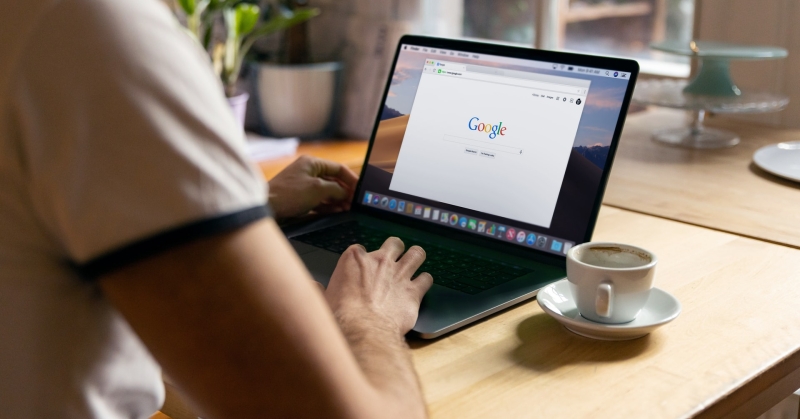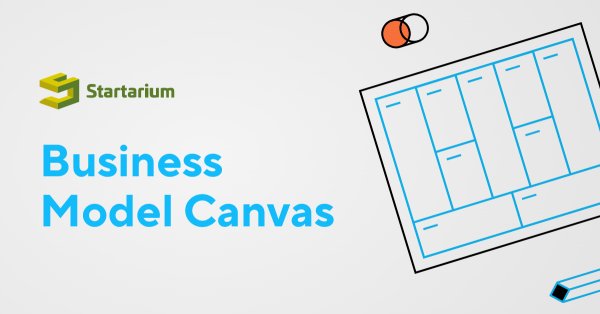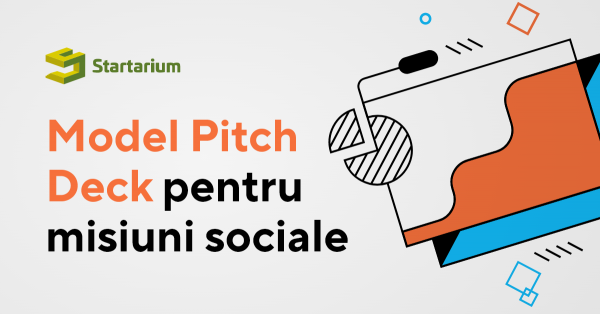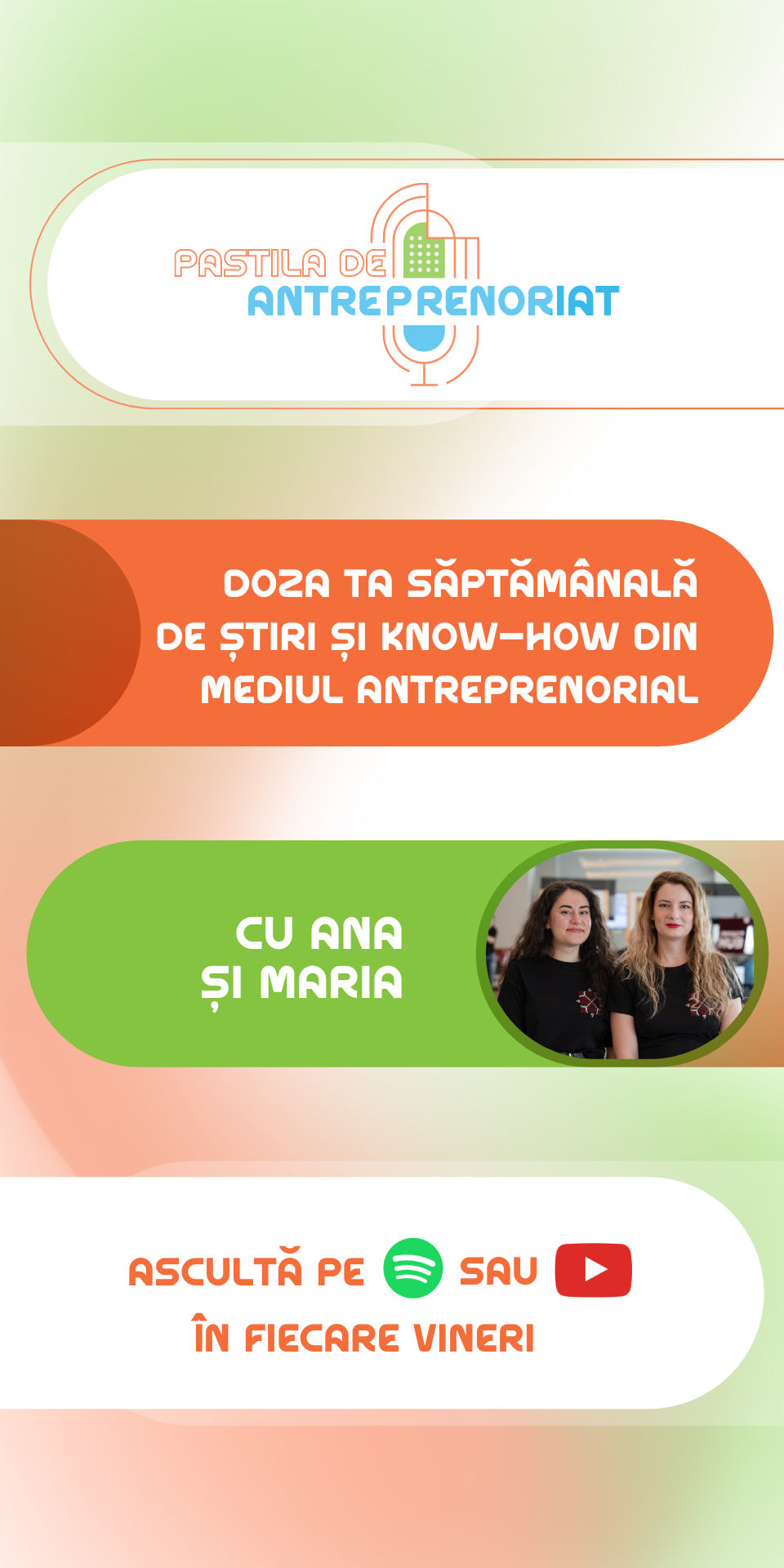Almost there - all you have to consider now is your SEO strategy and getting things started!

The 5 steps to building a website
The following stages are followed by most website projects:
- Make a plan for the structure and content of your website.
- Register a domain name, preferably a.com.
- Develop your website.
- Make it search engine friendly.
- Start your website.
4. Make it search engine friendly
What exactly is SEO?
SEO is a collection of tactics that aid in the ranking of webpages in search engines (e.g. Google or Bing). The ultimate objective is to raise exposure, ideally by ranking at the top of those search engines, resulting in more hits and visits. Visitors who come via your SEO efforts (also known as organic traffic) are free, unlike bought traffic (e.g. Google AdWords, Facebook Ads, etc.).
The search engine results are shown in a hierarchical order, with the better your ranking, the more hits and visitors you will receive. If you are rated first, you may expect to receive roughly 60% of all clicks. This reduces to 15.8% at number two and roughly 7.9% at number three.
A keyword is the beginning of the SEO life cycle. Keywords are the terms that consumers use to do searches, such as "laptops," "office laptops," "office i7 laptops," and "office i7 laptops in black colour."
Pages, not entire websites, are ranked by Google. You must optimize each page for a primary keyword in order to receive traffic from search engines (e.g. office laptops).
Additional relevant keywords can be included to aid in the ranking of variations (e.g. office i7 laptops in black colour).
Before you publish any material, use Google's Keyword Planner to conduct keyword research and choose your core keyword. Typically, you look at the search volumes and competition intensity for possible terms.
SEO on-page vs. SEO off-page
What matters most to your user and Google is the content on your website. On-page SEO is what it's called. Your website must, above all, be beneficial to your visitors. To make your material stand out from the crowd, add video and music to your text and photographs.
Furthermore, search engines are not yet clever enough to determine the quality of information just by running it through their supercomputers. They require another signal, which is where Off-Page optimization comes in.
Google worked out a long time ago that websites with more links from other sites (a.k.a. backlinks) are likely to be of higher quality than those with fewer backlinks. Since then, every respectable search engine has given this measure a lot of thought.
5. Start your website
If you've already established and launched your website, you may begin advertising and optimizing it to boost traffic and enhance user experience.
Websites are not books, hence they should be updated. They can still be updated after they've been published. Make it a point to develop new and relevant information whenever possible, and to keep the website up to date. Consider a restaurant's website: if the menu changes, it should be updated as soon as feasible on the website.
Positioning online: To attract as many people as possible, you'll need to improve your website's SEO. This is not a difficult task, but it does take time and effort.
Web analysis: Your efforts in internet positioning (mentioned above) would be futile unless you measure your website traffic. That is how you will know if it is functioning or not. Google Analytics is the most widely used website analyzing tool. And it's completely free!
Another common method, particularly for businesses, is to send regular emails to visitors in order to maintain touch. This is particularly beneficial for internet shops, small enterprises, and bloggers. In and of itself, email marketing is a science. More information on how to get started mailing newsletters may be found in this how-to guide.
Finally, most websites include social media profiles (e.g., Facebook, Instagram, Twitter, LinkedIn, and so on) to allow visitors (and future visitors) to engage with them outside of the website you've developed. This is especially useful for artists who deal with their hands, such as illustrators, jewelers, and photographers.























